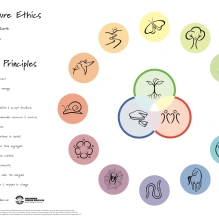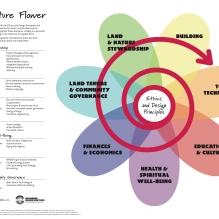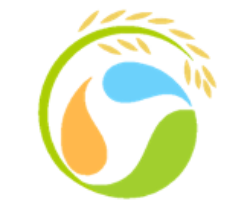The permaculture concept was created by Bill Mollison and David Holmgren in Tasmania, Australia in the 1970s. It is a response to unsustainable methods of food production, especially industrialized agriculture, as well as unsustainable energy production, forestry, towns, cities, and ‘modern’ lifestyles. The design-based strategies come from traditional and sustainable agricultural knowledge, and techniques practiced in many−including tropical−countries, mixed with new sustainable strategies, technologies, and techniques.
Permaculture creates designs that copy and use patterns and relationships found in nature, while producing an abundance of food and energy for local needs. People, their buildings, and their communities are central to permaculture.


Permaculture creates designs that copy and use patterns and relationships found in nature, while producing an abundance of food and energy for local needs. People, their buildings, and their communities are central to permaculture.
Permaculture connects and integrates different strategies and techniques of living and agriculture, so that they support each other and become as self-maintaining as possible. These include aspects such as houses, water supply, health, waste management, agriculture, fruit trees and tree crops, aquaculture, rivers, forests, animals, etc.
Permaculture is about making the absolute most of what you have, reusing all natural waste as resources, and creating houses, farms, and communities that create most of the resources they need. This produces resilient and truly sustainable communities.
A key result of a successful permaculture project is that the land and people are better and healthier than when you started.
Permaculture achieves its ‘permanence’ by constantly changing, moving, and improving. Permanence is never achieved by staying the same, it involves continuous learning, using new techniques, and applying new experiences. This allows sustainable lifestyles, food sovereignty, and resilience to grow, leading to better and stronger families, communities and societies, and a healthy environment.
Permaculture is a framework for sustainable development that is now being taught and used in many different countries and cultures, and promotes practical and empowering solutions.
